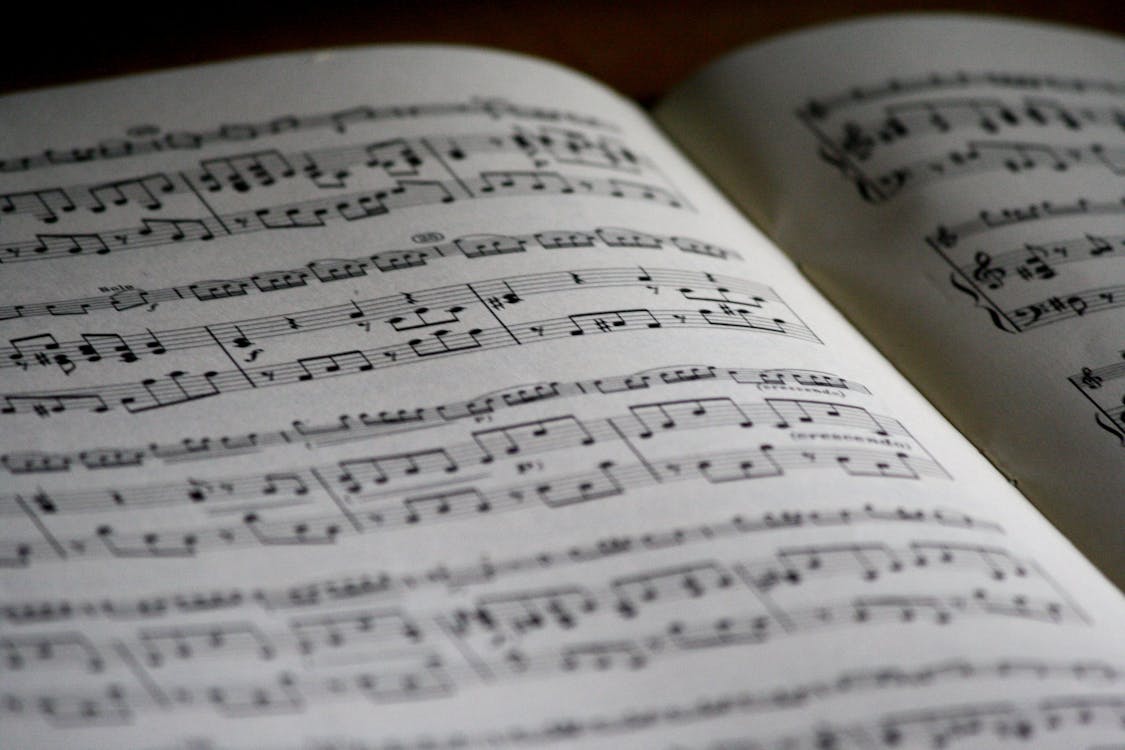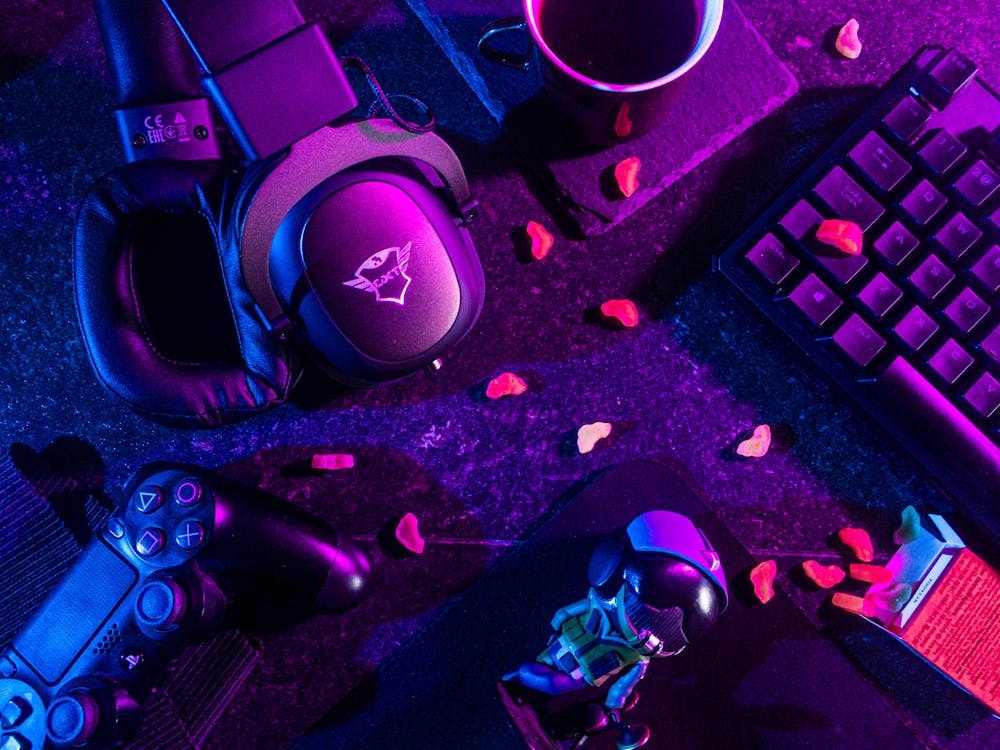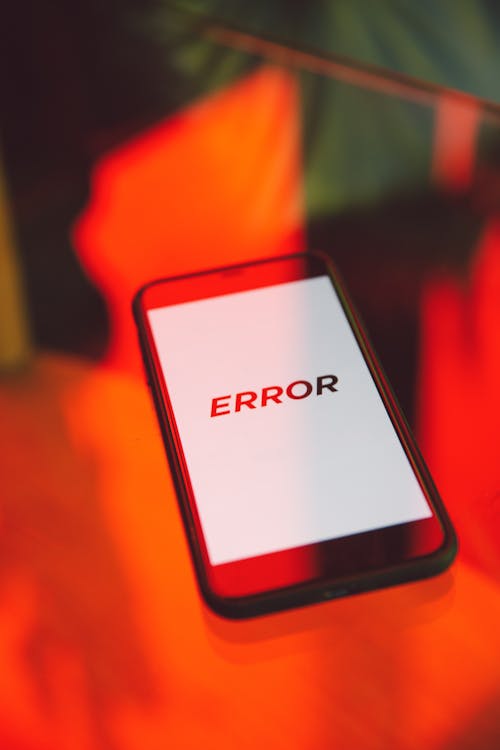The Maestro Has Spoken: Nobuo Uematsu Takes a Stand Against AI
In an era where generative AI is becoming a part of nearly every creative industry, one of the most revered figures in video game history has drawn a firm line in the sand. Nobuo Uematsu, the legendary composer behind the unforgettable soundtracks of the Final Fantasy series, has stated that he has “never used generative AI, and never will.” His reasoning goes beyond simple preference; it strikes at the very heart of what it means to be an artist. For Uematsu, the struggle is the point.

Art Comes From Hardship, Not Algorithms
Uematsu’s stance isn’t just about preserving tradition; it’s a deeply held philosophy about the nature of creation. He argues that hardship is precisely what makes the creative process rewarding. This is the man who, during the development of Final Fantasy VI, had to fight tooth and nail with designers for every precious kilobyte of memory just so he could fit his epic, multi-part final boss theme, “Dancing Mad,” into the game. That struggle, that need to overcome limitations, is what forged one of the greatest pieces of music in gaming history. From his perspective, using AI to bypass that struggle would rob the final product of its soul. It’s a sentiment shared by other great artists, like director Guillermo del Toro, who see the push for AI-generated content as a move away from human-centric art.
The GOAT Has Spoken: A Career Built on Human Creativity
For fans, Uematsu’s words are a powerful reassurance. In a sea of headlines about AI-generated art and automated processes, hearing a master of the craft champion the human element is a relief. The online reaction has been overwhelmingly positive, with fans celebrating his commitment to his principles. His is a career defined by human emotion, from the haunting opening notes of “To Zanarkand” in Final Fantasy X to the soaring opera in Final Fantasy VI. His music isn’t just a collection of notes; it’s a narrative in itself, a character in the story. It’s the product of a person pouring their experiences, frustrations, and triumphs into their work. You can’t get that from an algorithm.

More Than Just Notes: The Soul of a Soundtrack
While Uematsu has stepped back from composing entire game soundtracks in recent years, citing the immense time and energy required, his influence is stronger than ever. He has clarified that he is not retiring and will continue to contribute individual theme songs and other pieces, such as his work on the Final Fantasy VII Remake trilogy. This new approach allows him to focus on quality over quantity, pouring all his energy into crafting those single, perfect tracks that define a game’s emotional core. His stance on AI reinforces this philosophy: that music should be a deliberate, thoughtful, and deeply personal act of creation, not a content-generation exercise.

FAQs About Nobuo Uematsu and His Stance on AI
What exactly did Nobuo Uematsu say about AI?
He stated, “I’ve never used generative AI, and never will,” arguing that the hardship involved in the creative process is what makes it rewarding.
Why is he against using AI for music?
He believes that overcoming challenges and limitations is a fundamental part of creating meaningful art. Using AI to bypass this struggle would, in his view, diminish the value and soul of the work.
Has Nobuo Uematsu retired?
No, he has not retired. He has, however, stepped back from composing entire game soundtracks due to the massive time commitment. He will continue to compose main themes and other individual pieces for games.
What was the last full soundtrack he composed?
His last full, solo-composed soundtrack was for the 2021 Apple Arcade RPG Fantasian, created by his longtime collaborator and Final Fantasy creator, Hironobu Sakaguchi.
What are some of his most famous works?
His career is legendary, but some of his most celebrated works include the complete soundtracks for Final Fantasy VI, Final Fantasy VII, and Final Fantasy IX, as well as iconic themes like “One-Winged Angel” and “To Zanarkand.”
Will he compose music for the final part of the FF7 Remake trilogy?
Yes, he is confirmed to be composing the main theme for the third and final game in the Final Fantasy VII Remake series.
Conclusion
In a rapidly changing world, Nobuo Uematsu’s declaration is more than just a personal preference; it’s a powerful defense of artistry itself. It’s a reminder that the most memorable and moving pieces of music are not born from convenience but from struggle, passion, and a lifetime of dedication. The man who gave a generation of gamers their most cherished musical memories has made it clear: the soul of the machine can never replace the heart of the artist. And for that, his fans are incredibly grateful.